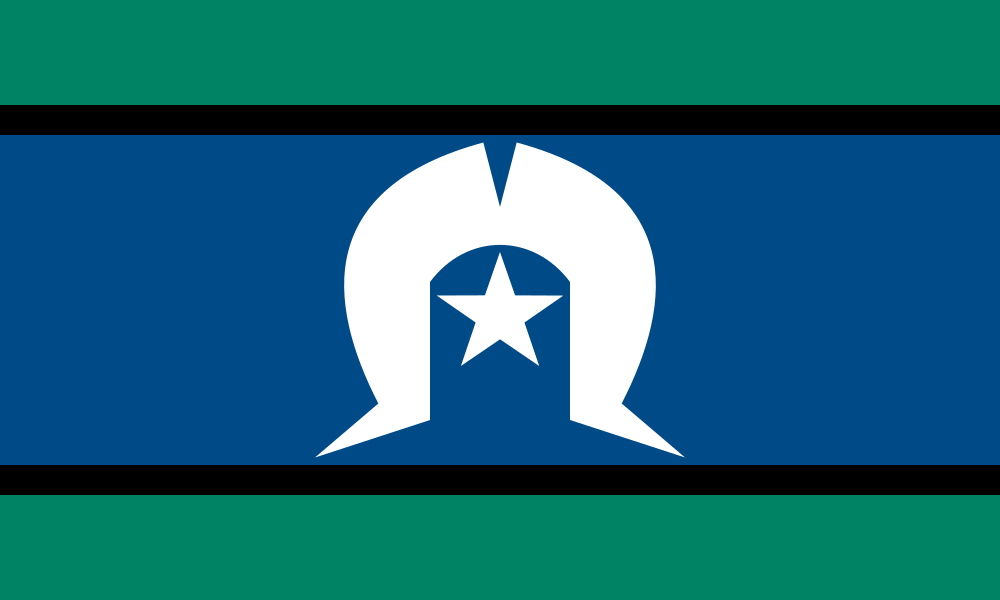Please note that this blog is archived and outdated. For the most current information click here!
App-ra Kadabra: New Technology Accelerating App Development
What's the worst part of app development you ask? Definitely the excessive amount of time I had to spend writing code. This is a tedious and gruelling task which is made worse by the fact there are multiple platforms to write code for. In particular, writing code for each mobile device platform after already writing the code for a desktop browser used to grind my gears. Then, like an angel descending from the heavens, we created a software structure that allows code written for a web framework to be recognised and accepted by a mobile framework.
What's The Deal With App Development
Part of the problem with app development was the time spent on writing code for a web application and the various mobile applications. Some app development companies have created a system that allows code to be recognised and accepted by multiple mobile platforms. Consider each mobile platform as a different PlayStation console. So PlayStation 1 is Apple software, PlayStation 2 is Android software etc. There are software developers who have created a platform which allows their code to be recognised on the different PlayStation's. Hence, they can create one disc which can be played on every PlayStation.
Now consider the web based platform as an Xbox. Many software and app developers have to create a disc (code) that can be used for Xbox and a separate disc for Playstation. The result is a significant amount of time wasted creating two separate discs which essentially do the exact same thing. What if there was a way to create a disc (code) which could be recognised on both PlayStation and Xbox consoles?
Our App Framework
Here at WorkingMouse we have developed and implemented our own framework that essentially allows the code we have written for desktop browsers to be interchanged and reused for our mobile application platforms. As a result, instead of writing code for Android's, iPhone's and other mobile devices, we can simply utilise this platform, drop in our code, and save hours " giving me some extra time on the green at the golf course. This is made possible by the fact most mobile devices also use cloud based software. For the framework to function, our code is written to a specification. It essentially requires certain information to be defined and from that, it creates the desired output. As a result, it doesn't matter who's sending in the data or who's receiving it.
While this type of progressive software structure isn't the only type of its kind, it is still quite uncommon to see a software design company using it. Which begs the question, why not? Some may argue that the time spent to develop and implement a software structure of this kind may not necessarily reflect its upside. Alternatively, you could argue that it's too complex to develop. But when you look at the structure's benefits and the way it reduces app development costs in the long run it's hard to rationalise either of those arguments.
There is a good chance that as software developer's start looking for alternatives to re-writing code that these low code platforms will be the norm. It may also lay the platform for an innovation agenda with the goal of improving efficiency when it comes to writing code. With Codebots already capable of writing 300,000 lines of code a minute, there's no telling what the future holds. What we can say for certain is that for now, this software has some serious upside and my Mario Kart game could use some help.






